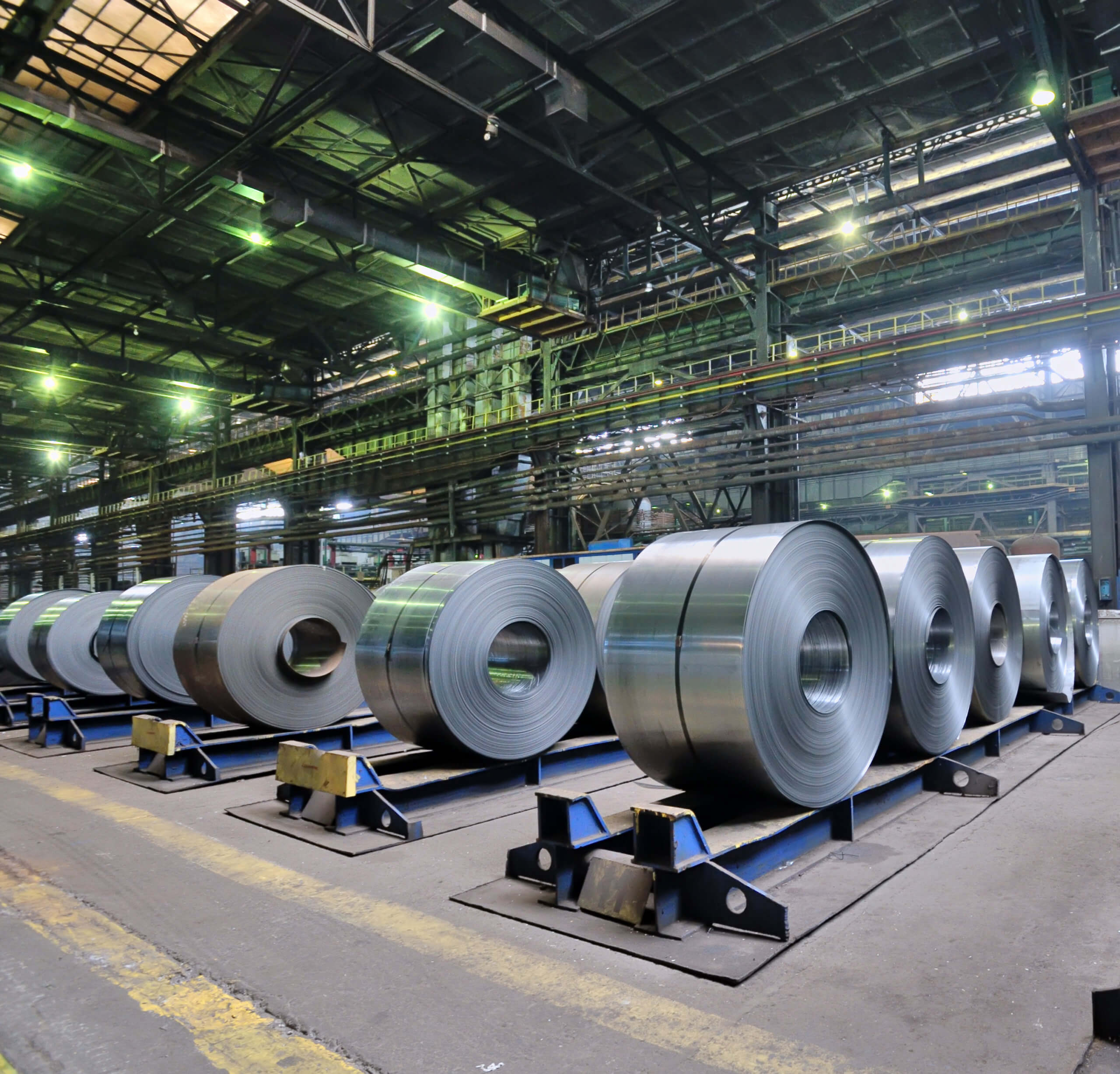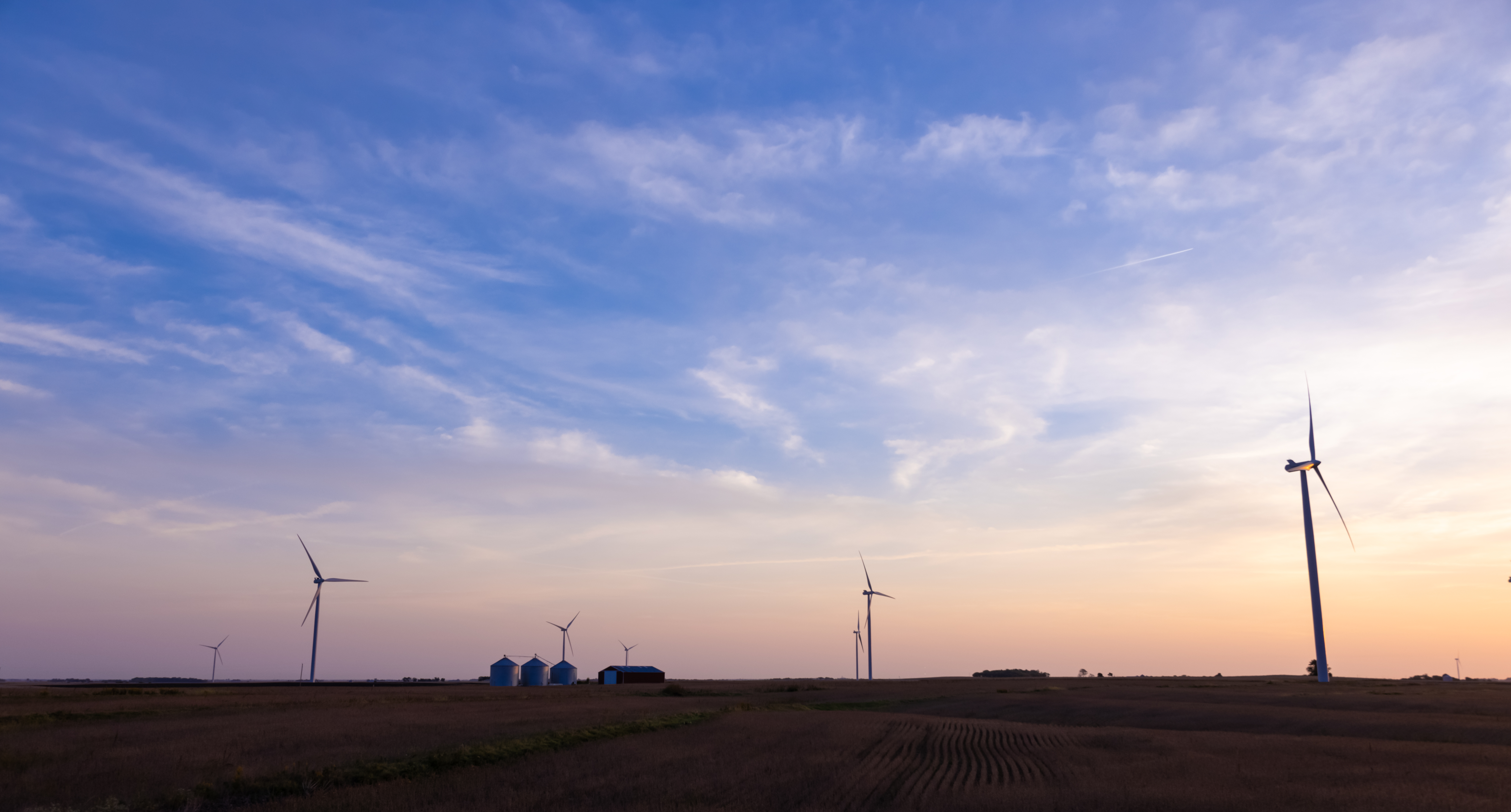Powering the Energy Transition
Today, we are witnessing the creation of the new energy economy.
Since 2009, Apex has steadily built an unrivaled team and suite of proprietary technologies that enable us to identify, harness, and deliver to the market America’s strongest wind and solar resources. More than a dozen years of investment have prepared us for this moment, as demand for clean energy is rising at unprecedented levels with no end in sight.
We have focused our efforts to date on decarbonizing the electric grid. It remains an urgent priority for our nation and is the basis for how we manifest our mission to accelerate the shift to clean energy.
Our projects supply megawatts of clean energy to utilities, major corporate purchasers, and the public sector while producing significant economic development for our rural community partners across more than 20 states. This work continues as we expand our industry-leading portfolio of clean energy projects and drive those assets to full—and safe—operations.
Today, we are entering the next phase of the energy transition. It’s a scenario that will likely transform our business and expand decarbonization to sectors recently considered too difficult to abate. The opportunity is so significant, it will generate the chance for American companies to meet demand created by the rapidly changing global political landscape. In effect, we are witnessing the creation of the new energy economy.
Renewable energy resources will win the day, every day, as industry transitions to green fuels.
That specific opportunity is the development, transport, and deployment of green fuels serving heavy industries through the production of green hydrogen, green methanol, and green ammonia—including maritime shipping, steel and concrete production, and chemical manufacturing of fertilizer—to name just a few. And Apex is perfectly positioned to lead, due to our relentless focus on developing best-in-class clean energy resources.



Industries such as steel production, agriculture, and maritime shipping will require enormous amounts of renewable power to decarbonize.
These industries are part of a global marketplace that will require scores of gigawatts of renewable power in the next decade alone, and hundreds of gigawatts thereafter. What makes this even more compelling is that green fuels production is not constrained by transmission congestion or upgrades needed for existing grid infrastructure. This opens up massive parts of the country—again, those with the best wind and solar resources—that also lie close to our industrial backbone and major port operations.
Further, as carbon accounting and ESG reporting continue to become more refined, and investor demands for net-zero goals increase, fuel production relying on natural gas will become untenable in terms of both scale and cost. Truly clean, renewable energy resources will win the day, every day, as industry transitions to green fuels.
The Road Map to Decarbonization
Apex has long looked at the path to decarbonization as consisting of four pillars: federal carbon policy, transmission, project siting, and electrification.
Our advances in green fuels to accelerate the electrification of industry and transport is just one area where we are making meaningful progress. Apex continues to invest significantly in our team, technology, and ability to influence public policy across the remaining three priority areas. The momentum grows with each and every day as we work to build the energy company of the future.

